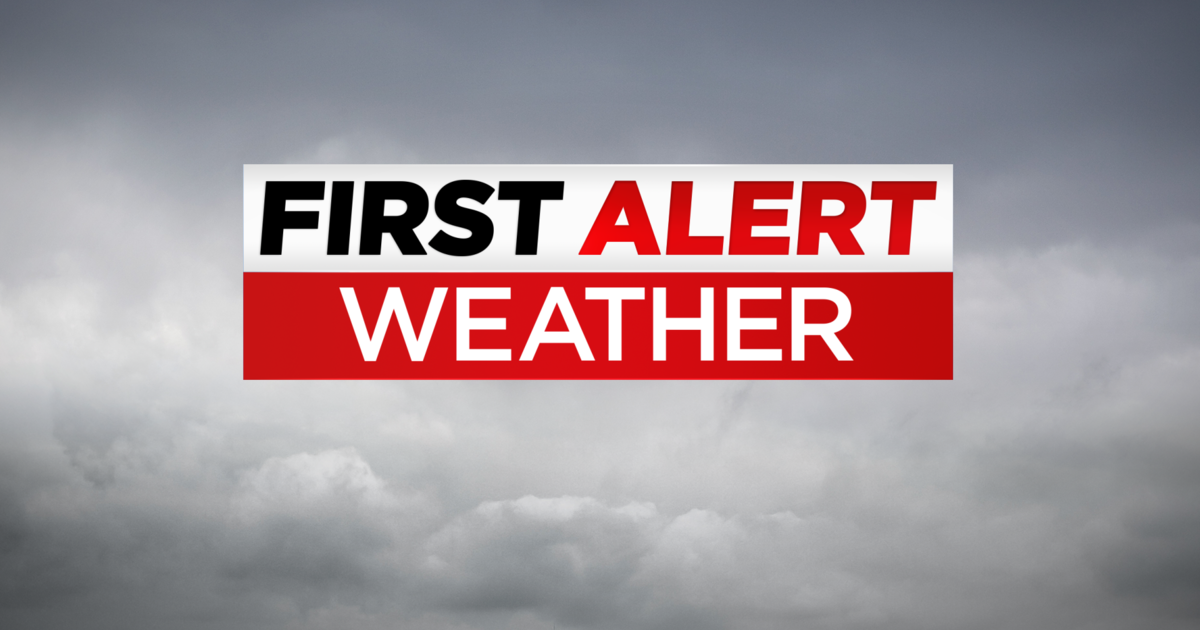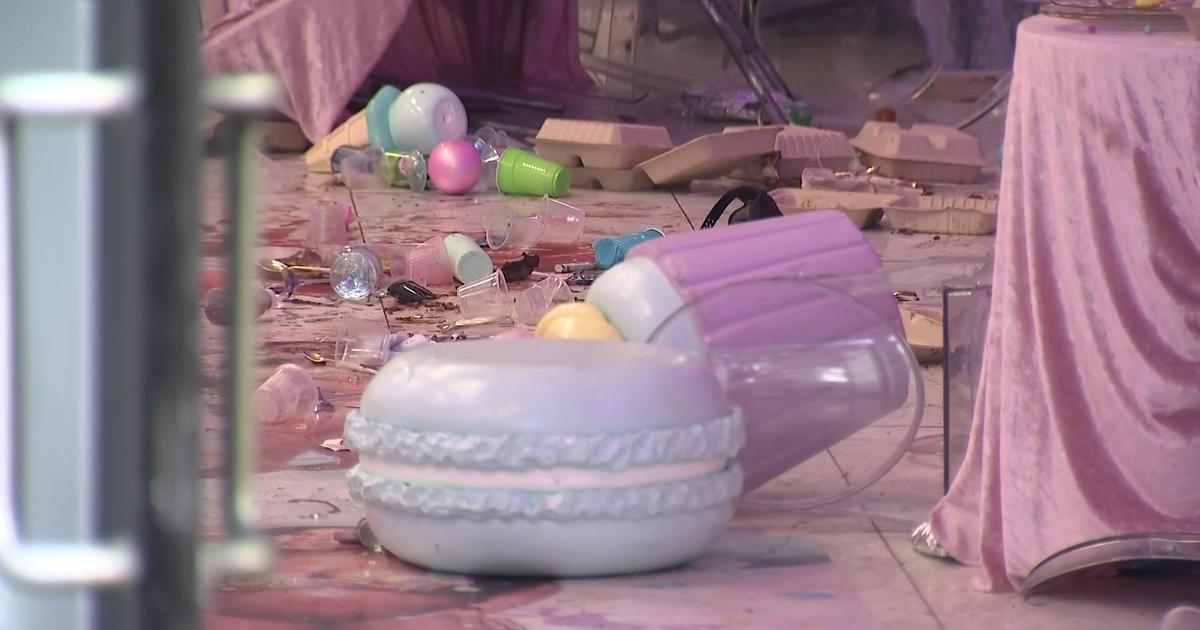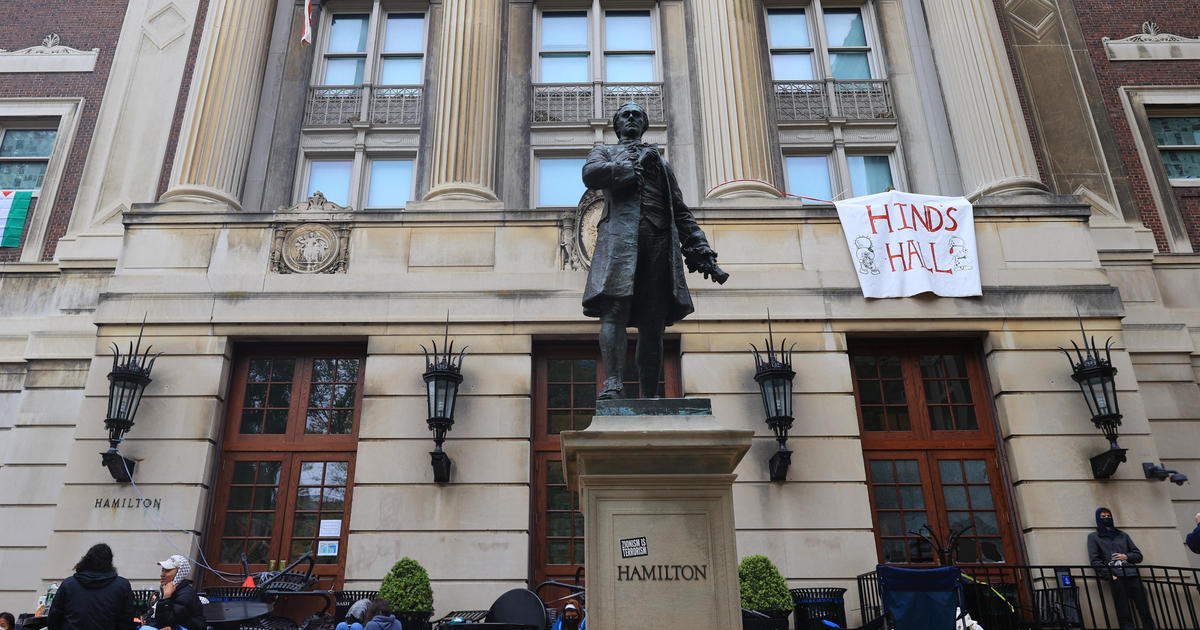Doctors tout use of artificial intelligence to detect breast cancer
NEW YORK -- It's a second set of eyes that could make the difference between life and death.
Artificial intelligence is now being used to spot the earliest signs of breast cancer, improving outcomes.
"I think artificial intelligence has the ability to make us be even better physicians than we might otherwise be, by teaching us what are the risk factors, what makes a certain pattern of breast tissue be at high risk," said Dr. Laurie Margolies, chief of breast imaging at Mount Sinai Health System.
READ MORE: Experts lower recommended age for mammograms from 50 to 40
Margolies explained that artificial intelligence can spot what the naked eye might not see on a mammogram, or flag something suspicious before it becomes a serious cancer risk.
"It's the AI that does the first pass. It puts a mammogram into one of three buckets. One bucket is the computer thinks has a very low chance that there's a cancer on here, and then there's a middle range where it says there may be a cancer here, look carefully. And then there's a high range that says there's an elevated risk of cancer on these mammograms. Look really carefully at the spots we've marked," Margolies said.
She says there is always a radiologist who will read the mammogram, and adds there is no substitute for human interaction and expertise.
"We also look at the patient's history. Do they have a lump? Do they have a family history of breast cancer? And we look at old mammograms. Has there been a change? So we take all this data, using the AI as an added piece of information, and integrate it," Margolies said.
Mount Sinai Health System says it performs about 69,000 mammograms a year. For the last several months, AI has had a look at every one of them.
"AI is it doesn't get tired. It doesn't get distracted. There also is a type of error in radiology that we call 'satisfaction of search,' whereby if you find a cancer on one side, you sometimes are less likely to find a second cancer in the other breast or somewhere else in the same breath because you think, oh, I'm done. I found the cancer. I'm done," Margolies said.
She added that false positives are also sharply reduced, cutting down on the number of callbacks for additional testing and unnecessary biopsies.
That was the case for Beata Pezatka.
"I did my first mammogram about four or five months ago, and I was concerned because they found a lump. And it said that it's probably not cancers, but they weren't sure," Pezatka said.
Pezatka said she was told to wait six months and get tested again.
"There's all this anxiety waiting for the results and having to repeat the results and then waiting again, and it's really emotionally draining," Pezatka said.
She made another appointment for a second mammogram, and this time AI was in place to read it.
"They came in after the test and they said, we use this thing. And it showed benign, and I'm like, I wasn't even aware of that," Pezatka said.
Doctors say it's still imperative to keep up with yearly screenings and mammograms.
Mount Sinai does not add any additional charge for using AI in its mammogram and breast sonogram diagnostics. Some do charge, so check with your provider.




